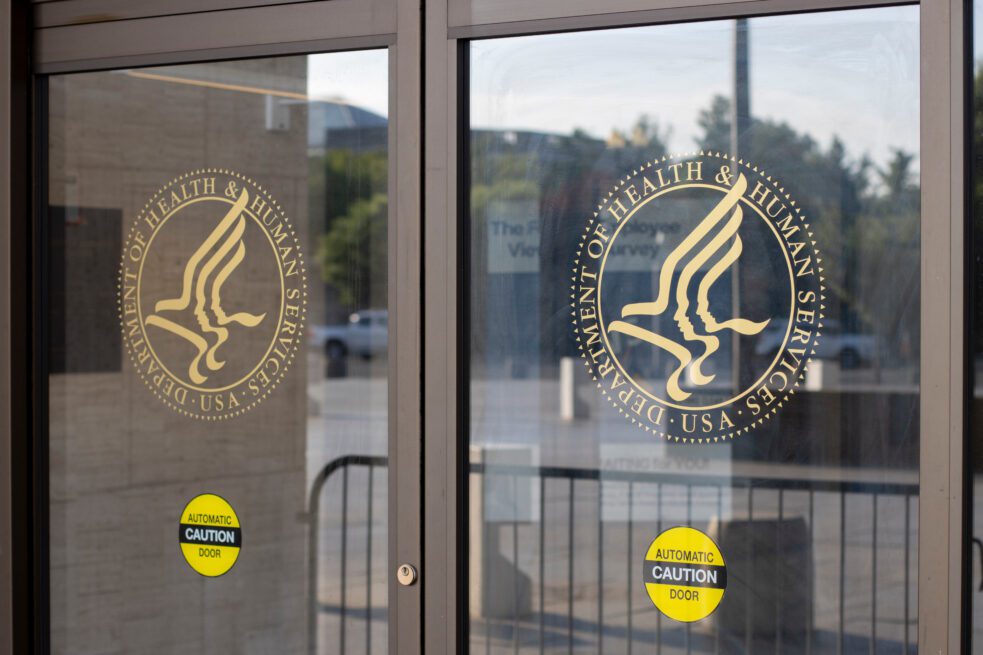When Robert F. Kennedy Jr., the newly appointed head of U.S. Health and Human Services (HHS), promised an era of “radical transparency” on February 13th, many across the political spectrum felt a surge of optimism. “We will make our data and our policy process so transparent that people won’t even have to file a FOIA [Freedom of Information Act] request,” Kennedy stated.
What could this transparency entail? Might Kennedy use his new power to stop direct-to-consumer (DTC) drug advertising? Will the HHS corral ballooning drug prices? Could he do something about the rampant medical misinformation on the internet?
I have closely followed news related to the HHS, particularly the Food and Drug Administration (FDA), for over a decade. My interest goes beyond curiosity—from 2017 to 2024, I served on the FDA’s Drug Safety and Risk Management Advisory Committee, a group of external experts that advise the FDA on drug safety concerns.
During my time on this committee, I witnessed firsthand the opacity that plagues our system: public speakers claiming no conflicts of interest while being bankrolled by pharma-funded patient advocacy groups; post-approval research requirements for new drugs going unfulfilled with no consequences — leaving the public uncertain about their true safety and effectiveness; and watching qualified FDA employees depart for profitable consulting careers, leaving both the FDA and consumers with limited knowledge of how well drug manufacturing labs are adhering to good manufacturing practices.
As the new head of the $2.34 trillion department, Kennedy reiterated his commitment to “radical transparency” in his February 18th address to HHS staff. This pledge resonated because so much of the work conducted by HHS, the Centers for Disease Control and Prevention (CDC), and the FDA happens behind closed doors. For example, when the FDA approves or rejects a drug application, it has no obligation to explain its reasoning. Even under intense public scrutiny, the agency rarely offers substantive explanations for controversial decisions.
Genuine transparency would not only be welcome — it would restore credibility to these vital institutions.
Yet within weeks of his approval, three alarming actions by Kennedy and the new administration have revealed that their version of “transparency” means precisely the opposite. These red flags signal the public’s right to know is being systematically dismantled.
Red Flag 1: Targeting Advisory Committees as “Unnecessary”
On February 19th, the day after Kennedy’s second vow of transparency, President Trump issued an executive order declaring federal advisory committees “unnecessary” and marking them for review and potential elimination. This executive order encompasses approximately 1,000 advisory committees established by Congress over 50 years ago to “obtain independent expert advice on scientific, technical and policy matters,” according to the FDA.
FDA Advisory Committee meetings like the ones I participated in provide the American public’s only consistent window into the agency’s decision-making process. Without them, processes already concealed from scrutiny will become even more hidden from public view.
Red Flag 2: Canceling Critical Public Health Meetings
On February 20th, just one day after Trump’s executive order around “unnecessary” public committees, the tri-annual Advisory Committee on Immunization Practices (ACIP) was cancelled without explanation. Later, HHS spokesperson Andrew Nixon claimed more time was needed “to accommodate public comment in advance of the meeting.”
This justification seems late and disingenuous. The standard public comment period for advisory committees includes two weeks for written submissions and a designated time for live presentations. For the canceled ACIP meeting, the public comment portal was never even opened. No replacement has been suggested or promised. The meeting’s schedule is crucial for approving next season’s flu vaccine in time for manufacturing and distribution.
Additionally, during RFK’s appointment process, Sen. Bill Cassidy, M.D. (R-LA), highlighted assurances Kennedy had made around working within vaccine approval systems as justification for having voted “yes” on his nomination:
“He [Kennedy] has also committed that he would work within the current vaccine approval and safety monitoring systems, and not establish parallel systems. If confirmed, he will maintain the Centers for Disease Control and Prevention’s Advisory Committee on Immunization Practices without changes…”
The decision to cancel the meeting and seemingly go against his commitment to avoiding establishing parallel systems frustrated senators on both sides of the aisle. During the March 6, 2025, confirmation hearing for Marty Makary, M.D., as FDA commissioner, both Democrats and Republicans grilled the nominee about reinstating the meeting.
Red Flag 3: Eliminating Public Comment
While Kennedy cited the need to accommodate public comment as justification for canceling the ACIP meeting, he appears determined to eliminate public input altogether in most HHS operations.
This is a complete contradiction of his vow of “radical transparency.” In fact, it’s a radical departure from even the limited transparency the public has been allowed into the workings of the HHS.
In a sweeping declaration, Kennedy dismissed public participation as too costly. A policy document he posted to the federal register stated that comment periods “impose costs on the Department and the public, are contrary to the efficient operation of the Department, and impede the Department’s flexibility to adapt quickly to legal and policy mandates.” With the largest budget of any US government department, Kennedy is concerned that listening to the public’s concerns, issues and ideas is a waste of time and money.
The irony is staggering: This radical reduction in public oversight was itself implemented without any opportunity for public comment.
I am not the only one who finds this blatant about-face alarming. According to STAT, only a few days after Kennedy’s announcement, a group of nearly two dozen patient advocacy groups asked the HHS to revoke its decision and include public participation.
In less than a month, Kennedy has taken decisive steps to shield HHS operations from public scrutiny, and the President has moved to dismantle the very advisory committees that Congress created to ensure transparency. We are entering an era of total information blackout on the largest of all government departments. The HHS spends $2 billion a day of our tax dollars, and touches every American’s life with access to crucial health research, ensuring safe and effective drugs and offering care to millions through Medicare and Medicaid. Now, we the public are not even allowed to comment on the work of the HHS, much less have a clear view of the process of spending our money.
If you value genuine government accountability, contact your senators and representatives immediately. Tell them this is not the “transparency” we were promised—it’s the exact opposite.






